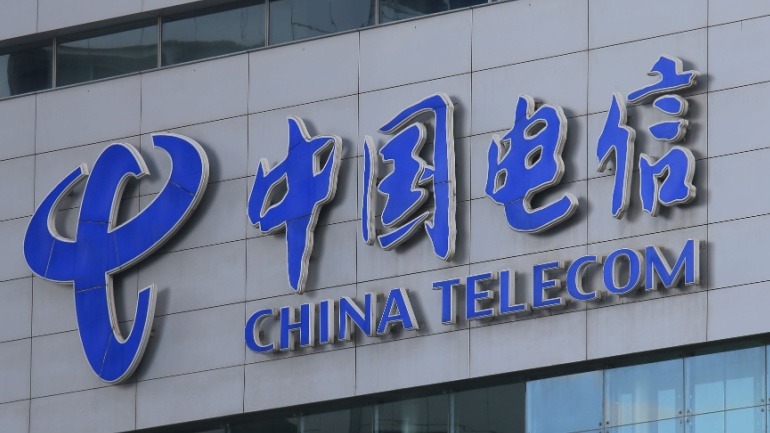Jio Platforms, in partnership with AMD, Cisco, and Nokia, unveiled an Open Telecom AI Platform at MWC 2025. Designed to integrate AI into network operations, it features agentic AI, LLMs, and automation for efficiency and security.
SK Telecom has partnered with IonQ to advance AI and quantum technology, enhancing efficiency in AI-driven solutions. The collaboration integrates IonQ’s quantum computing into SK Telecom’s AI services, including data centers and cryptography.
US telecom giants AT&T, T-Mobile, and Verizon have partnered with Ericsson to launch the Aduna initiative, introducing standardized network APIs for fraud prevention. Slated for 2025, these APIs enhance security by verifying users and preventing unauthorized SIM swaps.
Telefónica has confirmed the $1.25 billion sale of its Argentina operations to Telecom Argentina, aiming to reduce debt and streamline operations. While Telecom plans to expand broadband and 5G, concerns arise over market dominance, prompting regulatory scrutiny.
Algeria Telecom and Huawei have partnered to launch a 400G WDM national backbone network, enhancing Algeria’s digital infrastructure with ultra-high-speed, low-latency connectivity. This initiative boosts network reliability, supports the digital economy, and improves online services in sectors like education and healthcare.
Sweden is investigating a potential sabotage of the Cinia C-Lion1 undersea telecom cable. Despite the damage, the link between Finland and Germany remains active.
The Next Generation Mobile Networks Alliance (NGMN) has unveiled a transformative roadmap towards 6G. This framework addresses current 5G challenges, emphasizing a seamless evolution that integrates cutting-edge technologies.
The Italian government’s recent approval of a stake swap transaction between Poste and Cassa Depositi e Prestiti (CDP) is reshaping Telecom Italia (TIM) ownership. Poste’s acquisition of CDP’s 9.8% TIM stake strategically enhances its position in Italy’s telecommunications market.
SK Telecom saw strong growth in 2024, driven by a 19% surge in AI revenue and a 4.0% rise in AI business. With 31.8 million mobile users and strategic investments in AI infrastructure, the company is advancing its AI ambitions.
China Telecom announced the early completion of the 10,000-km Asia Direct Cable (ADC), the first new submarine link in the Asia-Pacific in over eight years. Developed by a consortium, ADC delivers over 160 Tbps capacity, easing congestion and enhancing cloud and data services.













